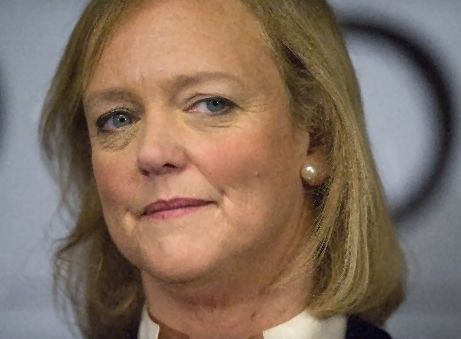HP shareholders are taking legal action against auditors KPMG and Deloitte for failing to discover evidence of alleged “serious accounting improprieties” during their audits of Autonomy prior to HP’s $10.3bn (£6.7bn) acquisition of the British software company in 2011.
The lawsuit has been filed by Philip Ricciardi, an HP shareholder since 2007, at the US District court for the Northern District of California in San Jose and also names HP CEO Meg Whitman, CFO Catherine Lesjak and former CEO Leo Apotheker as defendants.
The defendants are accused of inadequate due diligence which resulted in HP “grossly” overpaying for Autonomy, which the computing giant said accounted for the majority of an $8.8 billion (£5.3bn) writedown announced last week.
New HP Autonomy lawsuit
 HP has accused former members of Autonomy’s management team of misclassifying certain revenue streams to artificially inflate the value of the company. It claims that the mispractices were uncovered by a whistleblower in May, prompting an internal investigation. The results of this have been passed on to UK and US authorities, with the FBI currently looking into the allegations.
HP has accused former members of Autonomy’s management team of misclassifying certain revenue streams to artificially inflate the value of the company. It claims that the mispractices were uncovered by a whistleblower in May, prompting an internal investigation. The results of this have been passed on to UK and US authorities, with the FBI currently looking into the allegations.
Whitman has repeatedly said that the company relied on audits on Autonomy carried out by Deloitte, which were then reviewed by KPMG. Former Autonomy CEO Mike Lynch, who strongly denies HP’s allegations, has also pointed to HP’s “intensive” due diligence.
Deloitte last week defended its work, and has denied that it had any knowledge of any accounting improprieties or misrepresentations. KPMG told Reuters that it was not engaged to do any diligence on the acquisition and that it provided “limited services” not related to the Autonomy acquisition.
HP is also facing a separate lawsuit relating to the acquisition. A class action lawsuit was filed in San Francisco earlier this week, accusing HP of hiding the fact that it gained control of Autonomy based on financial statements that could not be relied upon and that it did not reveal to investors that it tried to back out of the deal before it was concluded.
The sum was the largest ever paid for a British technology firm, although analysts at the time said it was overpriced.
What do you know about Hewlett-Packard? Find out with our quiz!





